District VIII Dębniki
6.9
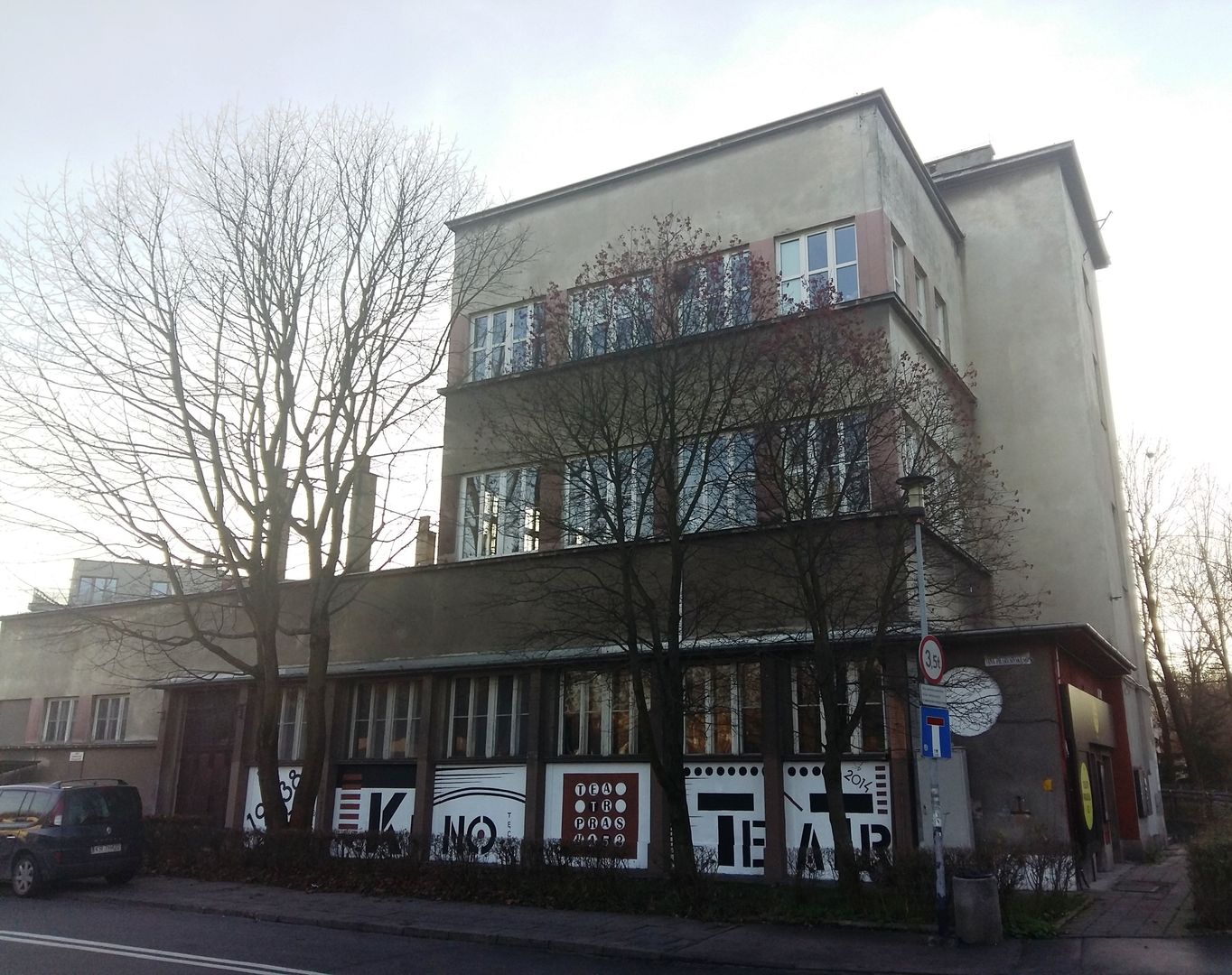
Overview
District VIII Dębniki in Krakow, previously part of the Podgórze district, is characterized by a complex history and dynamic development. The district's boundaries are marked by the Vistula River and its tributaries, giving it a picturesque location. Dębniki consists of historical communes such as Dębniki, Zakrzówek, Ludwinów, Bodzów, and Kostrze, which were incorporated into Krakow from various surrounding areas, as well as newly established housing estates. In neighborhoods like Ruczaj, Kliny-Zacisze, and Mochnaniec, residential development primarily took place in the second half of the 20th century and the 21st century. Today, Dębniki's landscape is architecturally diverse—ranging from pre-1945 workers' estates to modern buildings and facilities such as the Jagiellonian University’s Third Campus and the Krakow Technology Park, creating a dynamic urban space. The district also includes the Bielańsko-Tyniecki Landscape Park, adding recreational and natural value.
The district holds cultural significance due to its historical neighborhoods, which offer local traditions and heritage. The Chairman of the District Council for the 2023-2028 term is Dariusz Badurski. The area is rich in historically interesting sites, such as the former Tyniec Abbey, one of the oldest in Poland. Interestingly, Dębniki also surprises with its modern infrastructure and the openness of its residents to development, attracting investments and young people. An example is the intensive development of the Ruczaj neighborhood in recent decades. Thus, Dębniki is becoming not only a residential area but also a center of modern culture and innovation. The district management's headquarters is located on Praska Street, highlighting the practical administrative aspect of Dębniki as an auxiliary unit of the Krakow municipality.
Location
Tickets
Powered by GetYourGuide
You can also find here:

Museum of Japanese Art and Technology "Manggha"
7.26
District VIII Dębniki, Cracow
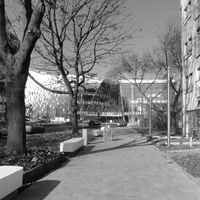
ICE Kraków Congress Centre
6.78
District VIII Dębniki, Cracow
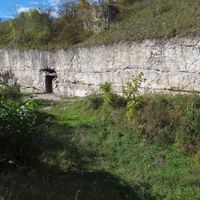
Twardowski's Rocks
6.59
District VIII Dębniki, Cracow

Kraków Bridge
6.56
District VIII Dębniki, Cracow
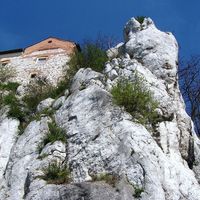
Filarki
6.56
District VIII Dębniki, Cracow
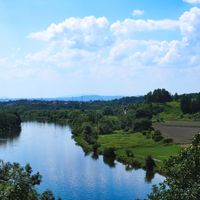
Tyniec
6.24
District VIII Dębniki, Cracow
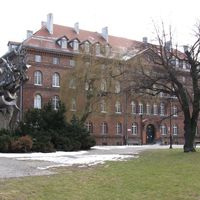
Communication Schools Complex named after the Defenders of the Polish Post Office in Gdańsk
6.1
District VIII Dębniki, Cracow
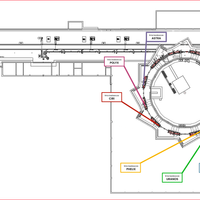
Solaris
6.01
District VIII Dębniki, Cracow
2026 Wizytor | All Rights Reserved